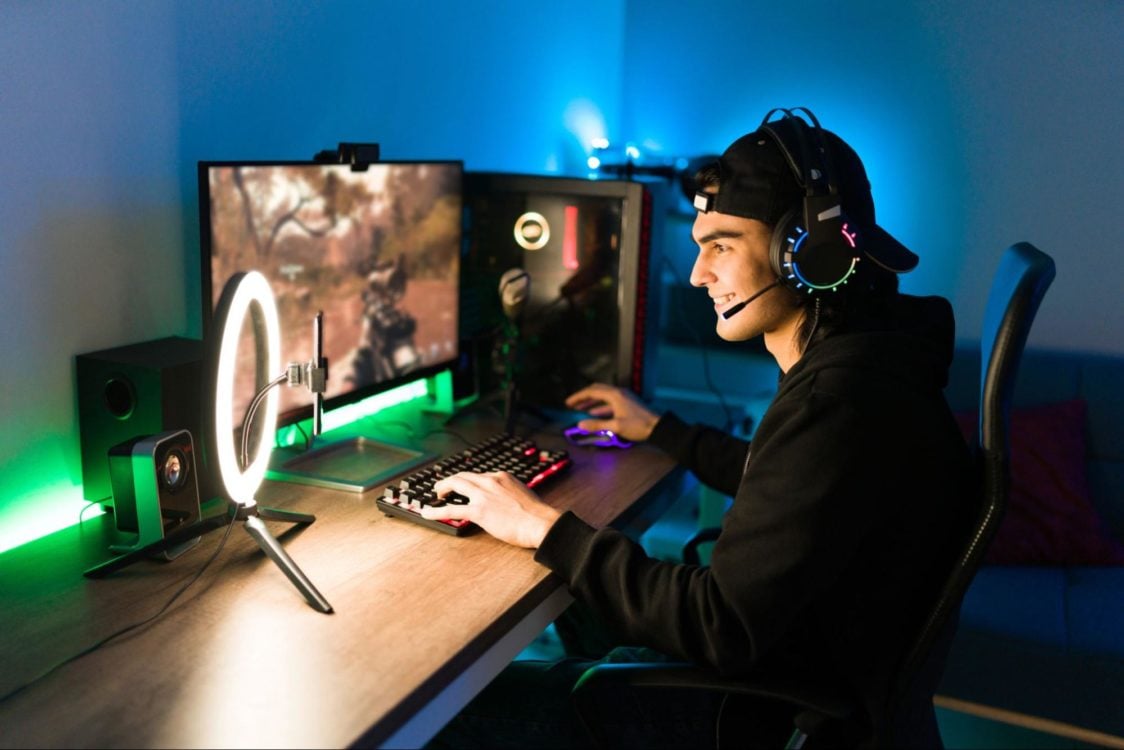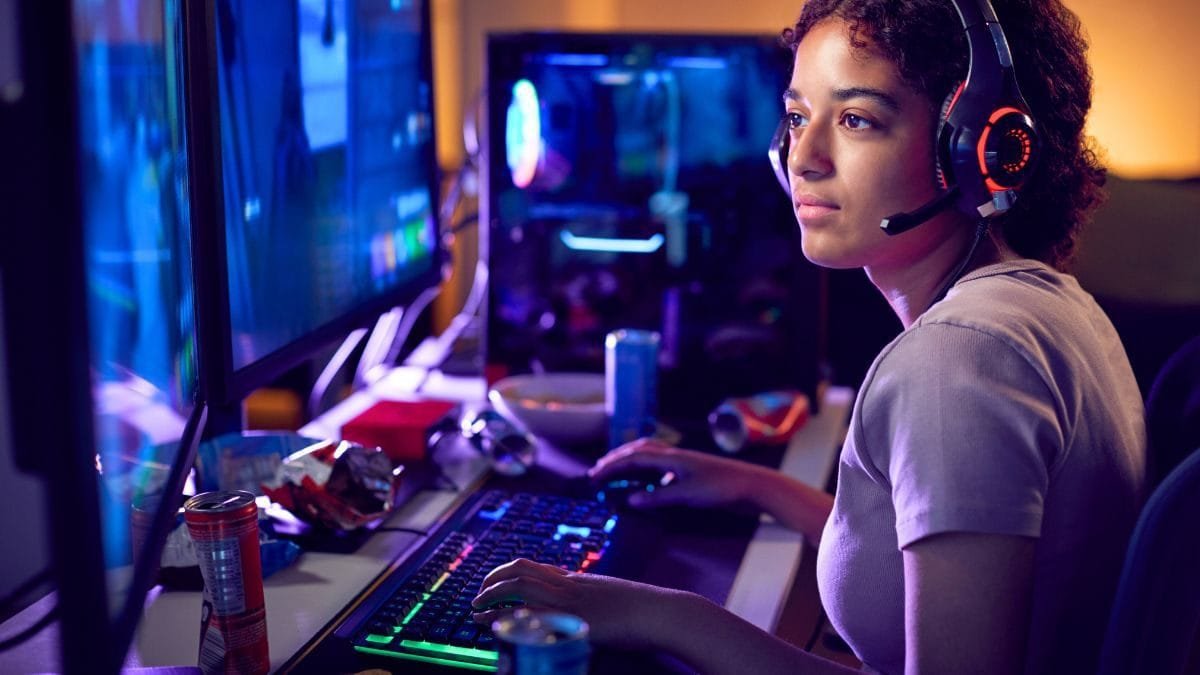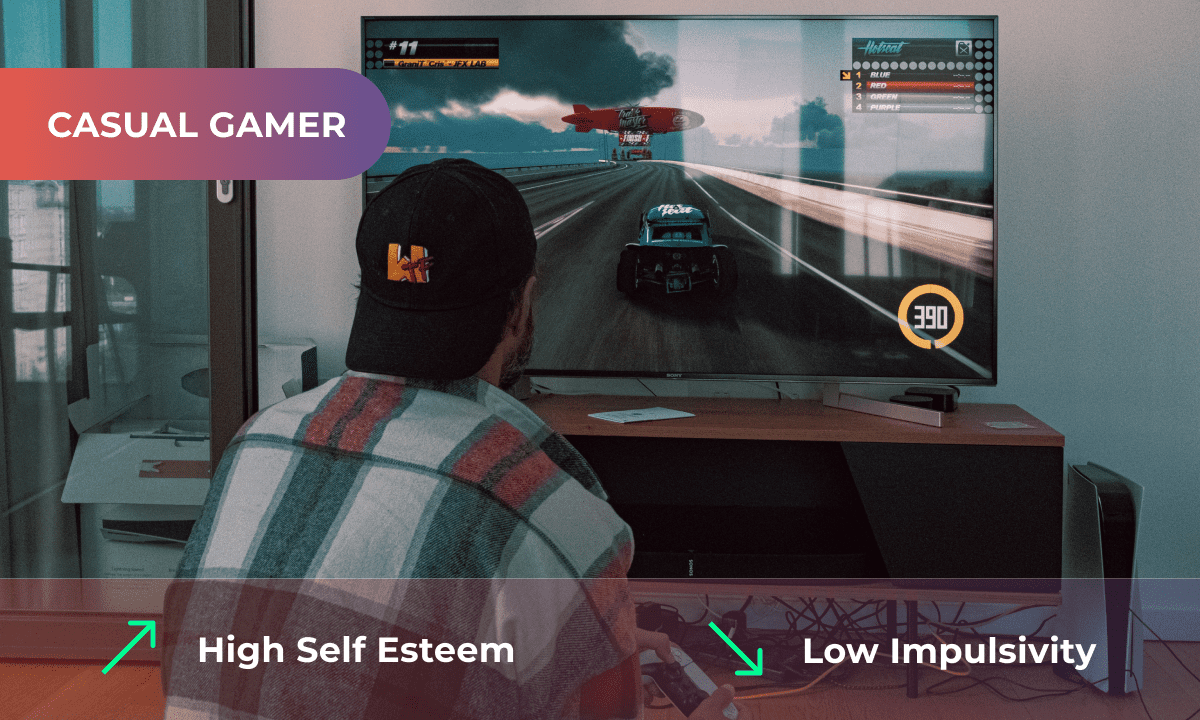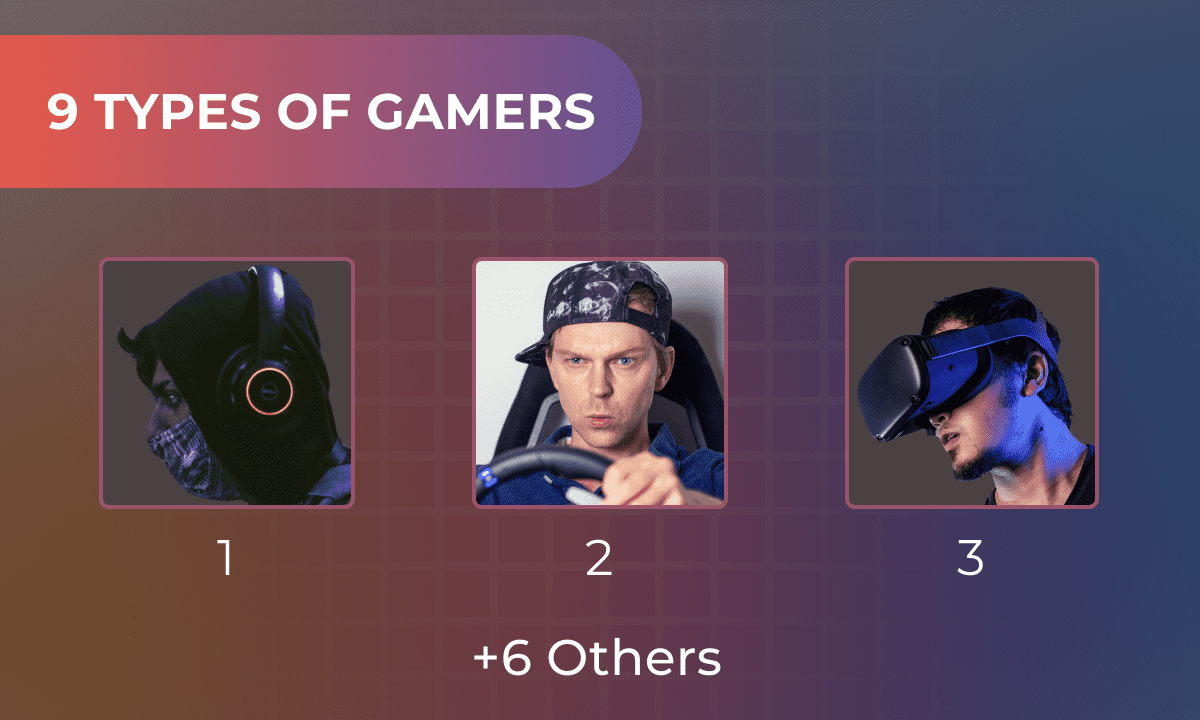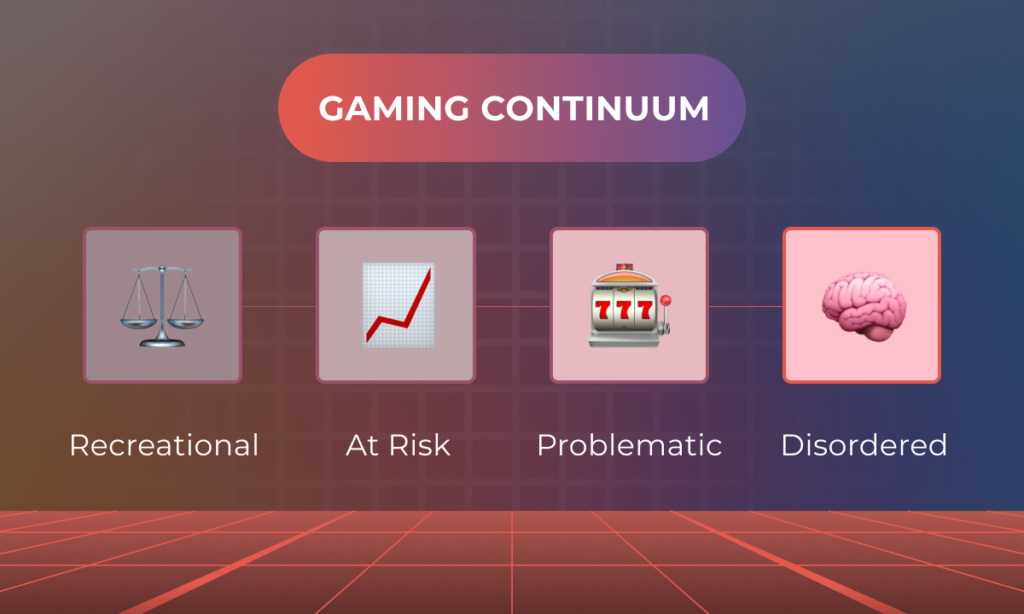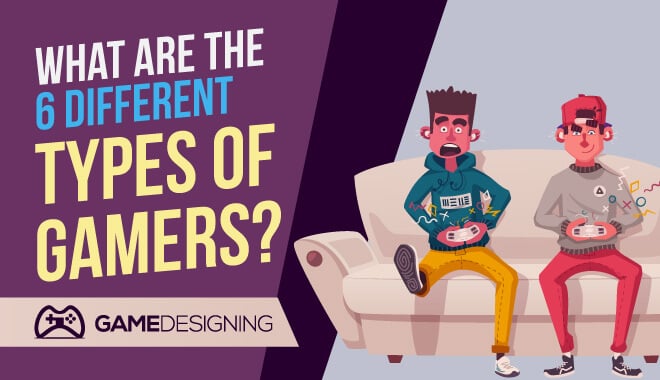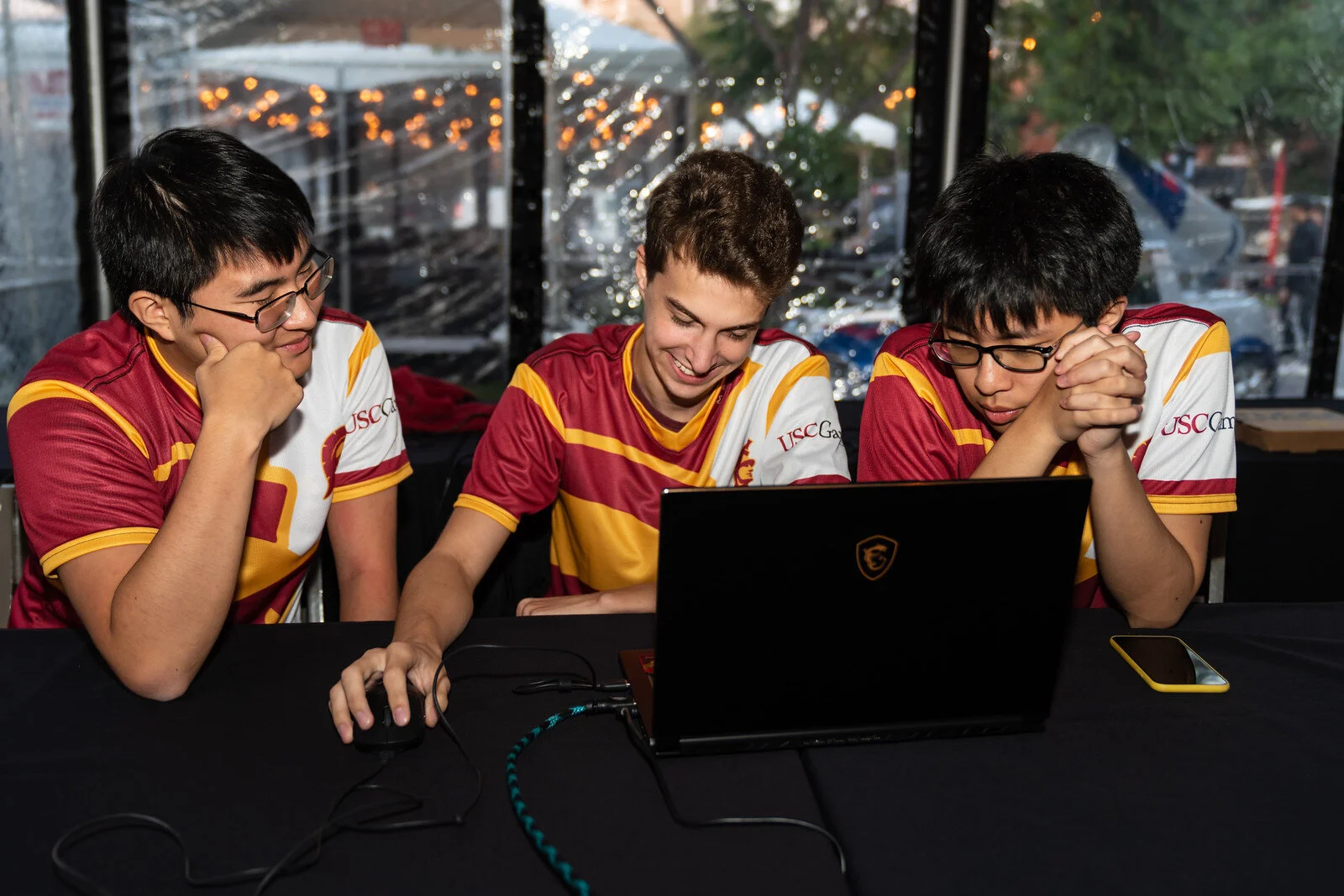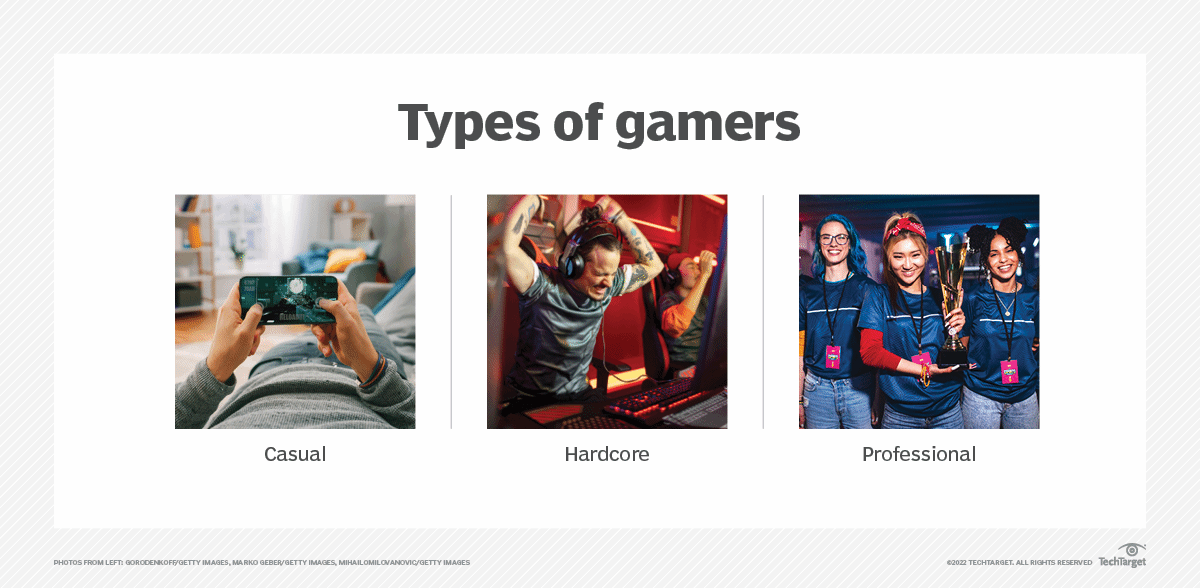How Are Casual Gamers Different From Professional Gamers

The world of gaming is vast and diverse, encompassing everything from quick mobile games played during a commute to meticulously planned esports tournaments with millions of dollars on the line. But what exactly distinguishes a casual gamer from a professional one? The differences extend far beyond mere skill level, delving into commitment, motivation, and even lifestyle.
Understanding these differences is crucial for appreciating the full spectrum of the gaming landscape and recognizing the dedication required to compete at the highest levels. This article will explore the key distinctions between casual and professional gamers, examining their motivations, training regimens, and the overall impact gaming has on their lives. Let's delve into the specifics that set these two groups apart.
Commitment and Time Investment
One of the most significant differentiating factors is the sheer amount of time dedicated to gaming. Professional gamers treat gaming as a full-time job, often practicing for upwards of eight to twelve hours a day, sometimes even more.
This intensive training regime is essential for maintaining peak performance and staying ahead of the competition. Casual gamers, on the other hand, typically dedicate far less time to gaming, often playing for a few hours a week as a form of recreation.
Motivation and Goals
The primary motivation for professional gamers is financial success and competitive achievement. Winning tournaments, securing sponsorships, and building a personal brand are all key drivers for professionals. They are driven by the desire to be the best and earn a living through their skills.
For casual gamers, the motivation is usually enjoyment and relaxation. Gaming is a way to unwind, socialize with friends, or simply escape from the stresses of daily life. They are playing for the fun of it.
Training and Skill Development
Professional gamers engage in rigorous training routines designed to hone their skills. This often involves analyzing gameplay footage, practicing specific strategies, and working with coaches to improve their weaknesses. Many teams now employ sports psychologists to help players deal with the pressures of competition.
Casual gamers typically learn and improve through experience and experimentation. They may watch online tutorials or seek advice from friends, but their approach to skill development is generally less structured and less intense.
Financial Considerations
Professional gaming can be a lucrative career, with top players earning millions of dollars in prize money, sponsorships, and streaming revenue. However, the path to financial success is often challenging and requires significant investment in equipment, coaching, and travel.
Casual gamers generally spend less money on gaming, focusing on affordable games and equipment. Their financial investment is primarily for entertainment purposes, rather than as a means of generating income.
The Social Aspect
While both casual and professional gamers can find communities and social connections through gaming, the nature of these interactions can differ. Professional gamers often collaborate closely with teammates, building strong bonds and working together towards shared goals. They often live together in gaming houses, fostering intense teamwork.
Casual gamers may interact with friends or other players online, but their social interactions are often less structured and less demanding. Many are purely online, and don't require the dedication of a full team.
Impact on Lifestyle
The demanding schedule and high-pressure environment of professional gaming can have a significant impact on lifestyle. Professional gamers often sacrifice personal time and social activities to dedicate themselves to their craft. Burnout is a very real concern for professional gamers.
Casual gaming typically has a less disruptive impact on lifestyle, fitting into existing schedules and priorities. It's incorporated as part of their life, not the center of it.
Mental and Physical Well-being
Both casual and professional gaming can have potential impacts on mental and physical well-being. Excessive gaming can lead to issues such as eye strain, carpal tunnel syndrome, and sleep deprivation. Professional gamers face additional challenges, such as stress, anxiety, and pressure to perform.
However, studies also show that gaming can improve cognitive skills, problem-solving abilities, and reaction time. Finding a balance and practicing healthy habits are crucial for both casual and professional gamers. Moderation and mindfulness are important.
Conclusion
In summary, the differences between casual and professional gamers are substantial, encompassing commitment, motivation, training, and lifestyle. While both types of gamers share a passion for gaming, their approaches and priorities are vastly different.
Understanding these distinctions allows us to appreciate the dedication and skill required to compete at the highest levels of gaming. It also highlights the importance of finding a healthy balance and enjoying gaming as a form of recreation and entertainment. Whether you're playing for fun or for a living, the world of gaming offers something for everyone.

